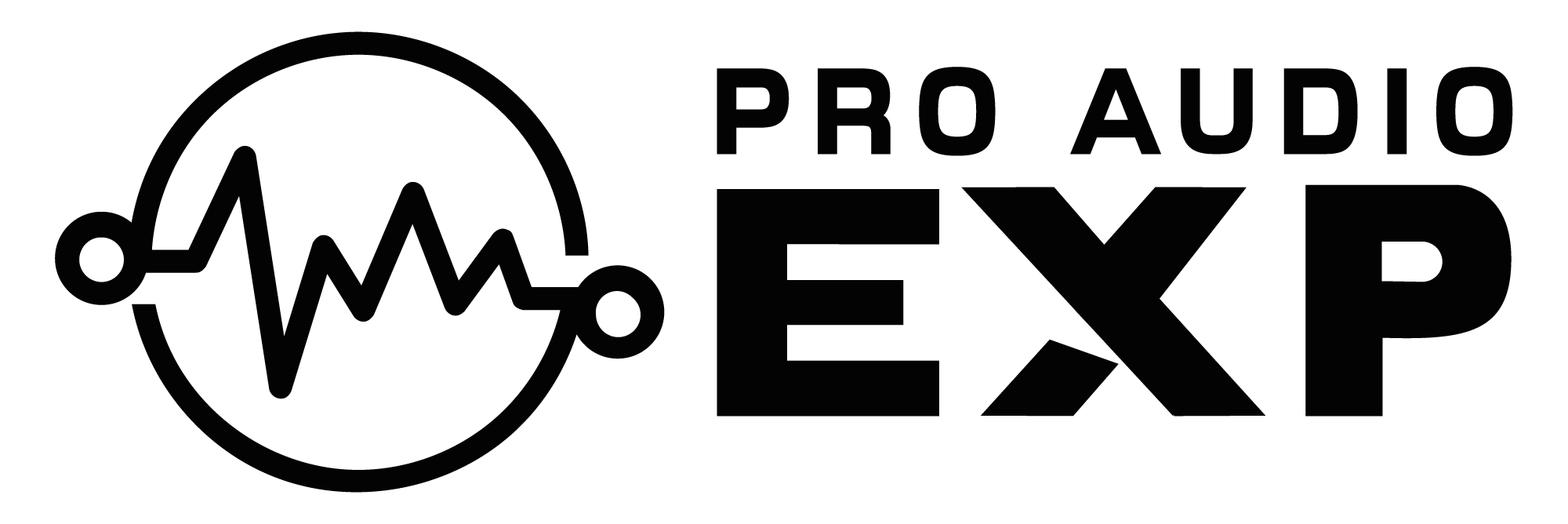“Making an album that I haven’t heard before was a treat. It doesn’t happen very often, and some people make great records but never get to do that. No one knew what category to put it in, so we are number one on the classical charts — which is probably fair enough, because it’s got a piano concerto on it, but it makes it hard for over–thinkers to get their heads around! Should it be two records, or should it be one?” -Ben Folds

The new album Ben Folds will most likely cause a lot of confusion for fans both old and new. This is because it contains no bass, little to no drums, has one–third piano concerto, two–thirds chamber rock. This album was mastered for dynamic ranges rather than loudness.
A number of famous groups in the music industry such as the Nashville Ballet, the Nashville Symphony Orchestra and the Minnesota Orchestra have commissioned Fold to write a piano concerto. Ben Folds is a songwriter with an alternative rock background and for him it was certainly a challenge, spending a year and a half gaining inspiration from the likes of Rachmaninov, Bartók, Ravel, Gershwin and others. With the help of arranger Joachim Horsely, three pieces were produced – the Concerto For Piano & Orchestra: Movements 1, 2 and 3. After that, Ben decided to make a studio recording of the project.
To The Victor
Fortunately, Ben didn’t have to seek out a venue, fore he already had the ideal place in mind for recording – The RCA Victor Nashville Sound Studios was built in 1965 by Chet Atkins and it’s the perfect venue for orchestras, hosting innumerable classic sessions with famous artists like Waylon Jennings, Willie Nelson, Dolly Parton, Leonard Cohen, the Monkees and Billy Joel. Ben took the opportunity as soon as it was available, renaming it the “Grand Victor Sound” and overseeing the installation of a 1976 API 3232 console, which was owned by Rich Costey. The studio was then filled with the 83–piece Nashville Symphony orchestra, its sessions were engineered and produced by Elliot Scheiner
With Richard King’s help, the resulting recordings amounted to 21 minutes of music, despite the high costs.
According to Ben, “Music do everything imaginable I mean, at the age of 30, they have all done it all, so they were very comfortable on all settings. We’re soulmates, in a way. But also, when you are playing with these ensembles, you notice speed rather than latency. In an orchestra, they are slow and expressive. People could argue that point: you could listen to some Shostakovich and that’s just balls–on, but that’s not the way it would have been recorded the first day. That’s come about as part of their training. So it’s like yMusic are a sports car, and when you need a sports car you need a sports car, and when you need a tractor trailer to carry a house’s worth of stuff… They are different, so I really enjoyed going between the two. You can score any of the pieces for either of those situations. For example, we’ve now scored the yMusic stuff so that it works with a symphony orchestra, and we’ve interpreted and scored my piano concerto so that yMusic can play it.”
Life Imitates Art Music
According to Ben, the collaboration process with yMusic differs for for each song on the album:
“I had bits and pieces of songs and some demos, but the songs came about in different ways. For some, I just said to the guys in yMusic, ‘Here’s how the song goes,’ and they arranged something, but other times we did it together. I gave them a demo of ‘I’m Not The Man’ and I’d arranged a whole lot of the song ‘Capable Of Anything’ on an aeroplane just with an iPad and GarageBand.”
“In particular I brought in the scores for a good part of one tune called ‘So There’. There was a whole instrumental bit that was important to me to be very specific about, so I literally scored it for them on a piece of staff paper and we played it. Basically I was doing my best impersonation of yMusic in my score, because there are certain gestures that they are capable of doing which I think are really special. For instance, there’s a really fast arpeggio played by the bass clarinet and piccolo two octaves apart from one another, and it’s just spot on. To me it has the feeling of a monophonic synthesizer, where you split the oscillators two octaves apart and you arpeggiate, and as a rock guy these were the things I was gravitating towards.”
“It’s easy to listen to the music on this album and think ‘This is a rock guy and here are his classical references: Rachmaninoff here, Ravel there’, but there are probably just as many rock references applied to classical music, which maybe a classical ensemble can do better. I mean you have drum machines imitating drums, but now we’ve got drummers imitating drum machines! What I was interested in was more like: here’s the disco synthesizer, or barre chords, applied to classical music.”
Maximum Warmth
With Joe Costa and his assistant Gena Johnson engineering the sessions, late October 2014 was when recording began at Grand Victor Sound. Their plan was to try to capture all of the sound (synthesizer, drums, etc.) in one room was to use the room’s ambience to bind everything together.
“To give it a satisfying amount of bass we redefined the things that were low end and made sure we captured the ensemble in the warmest way we could. We had ribbon mics all over the place, and when we had something that had space, it was a stereo recording with two ribbons.


0 Comments
There are not comments yet. Be the first one to post one!